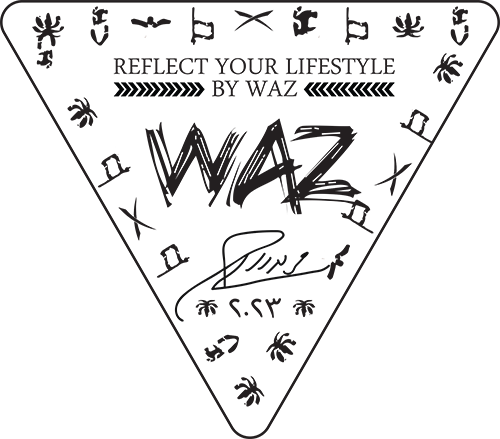غير مصنف
How to Protect Your Online Life From Hackers
universityparkcarecenter.com/is-avast-worth-paying-for-2020
In the late 1990s, the World Wide Web was born and opened up an entirely new set of possibilities as well as threats. Spam infiltrated email accounts, computer viruses caused destruction on corporate networks, and hacking became a major issue. Hackers could steal your personal information and access your credit or banking online account, and then sell your information on the dark web for a lot of money.
Your online experience is more complex than ever. You use a smartphone, shop online, bank online, use Facebook and even your IoT devices and internet-connected appliances track and track your activities. Hackers can gain access to all the information, regardless of whether they are part of a criminal group or a random person with an agenda for political gain.
To protect against hackers, create strong passwords on each of your online accounts and make use of a secure password manager to keep the track of the passwords. You should consider using two-step authentication. This adds a second layer of security, requiring you to enter a code received via email or by phone in addition to your login password. Secure your hard drive to make it more difficult for hackers to access your personal data, even if they do gain control of your device or computer. Also, make sure to disable “run as administrator” on your computer, don’t jailbreak or root your phones and close your computer instead of leaving it running all day long (all-time running will impede your device’s performance and opens the door for cyberattacks). With the appropriate software tools for malware-screening removal, uninstalling, and data encryption You can minimize your risk.

